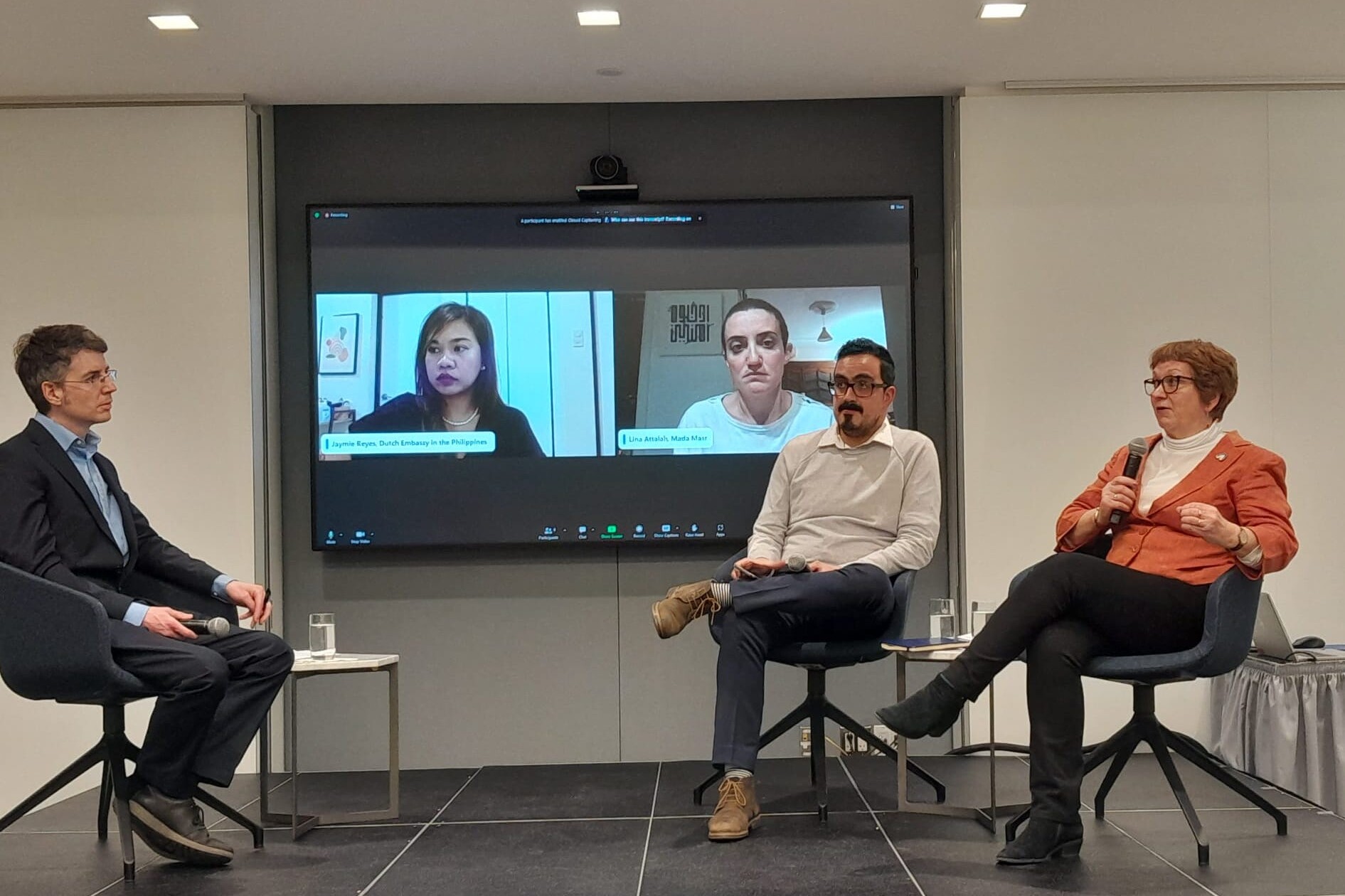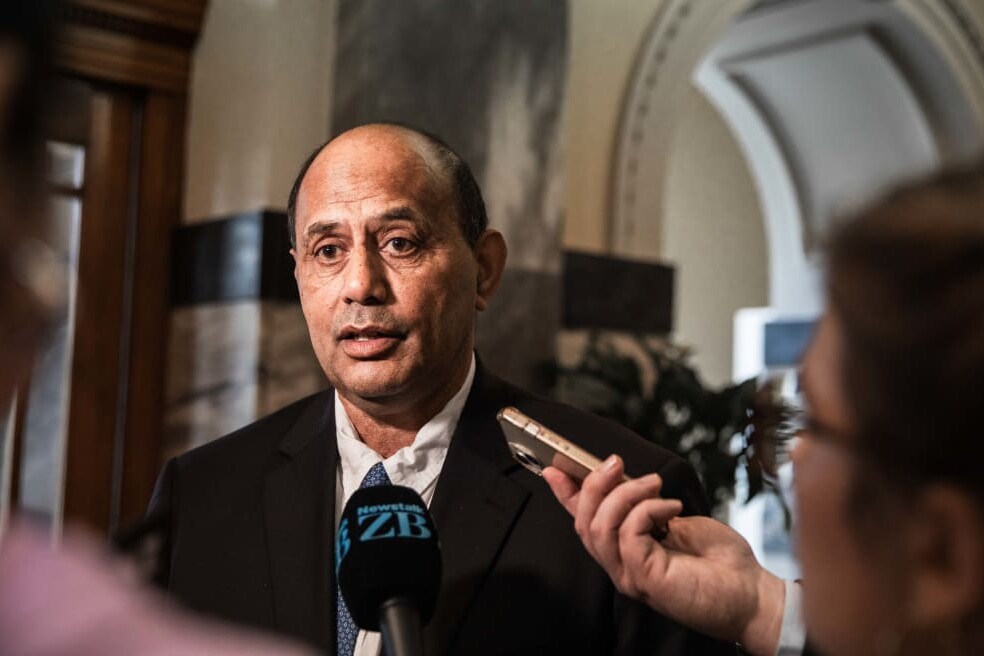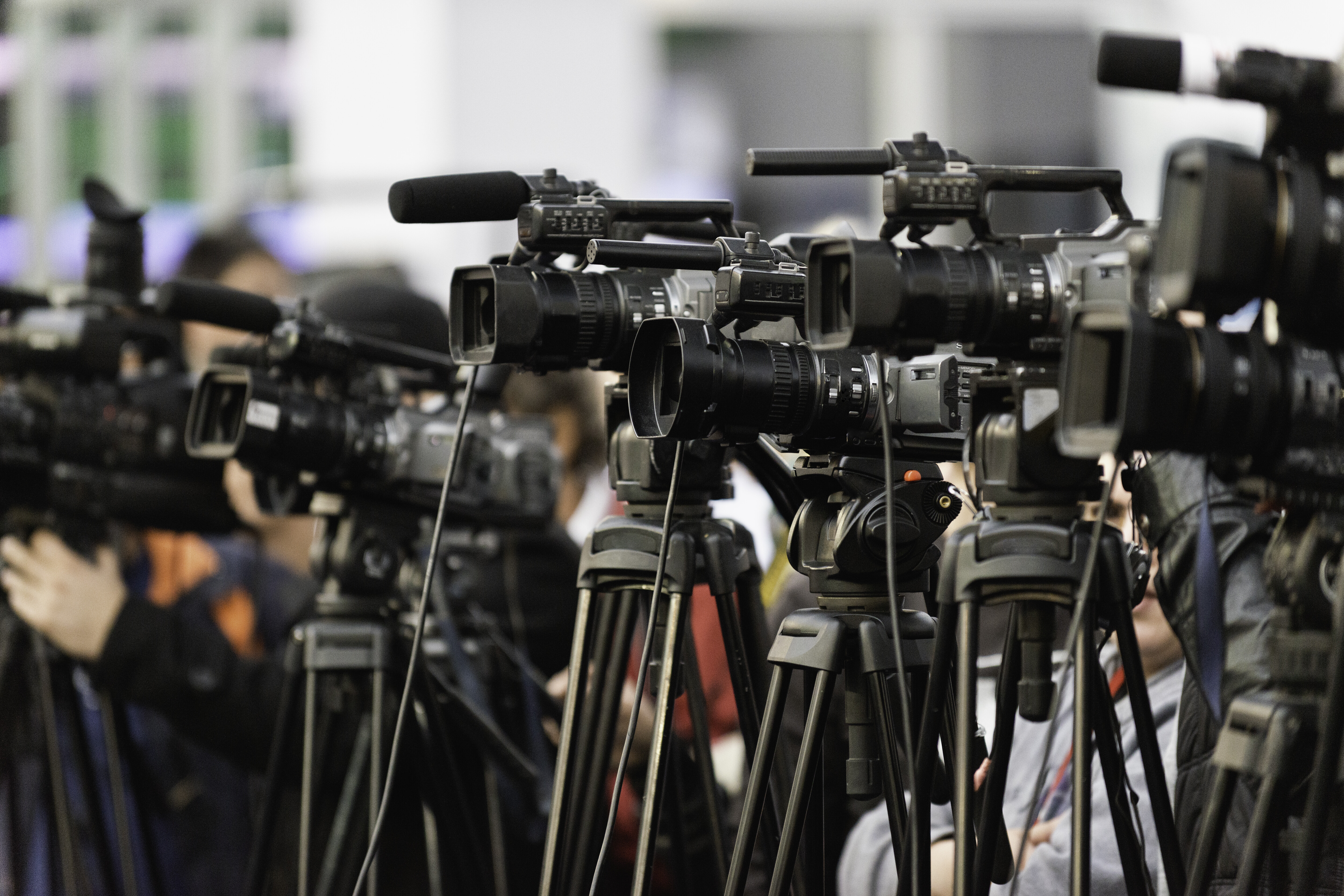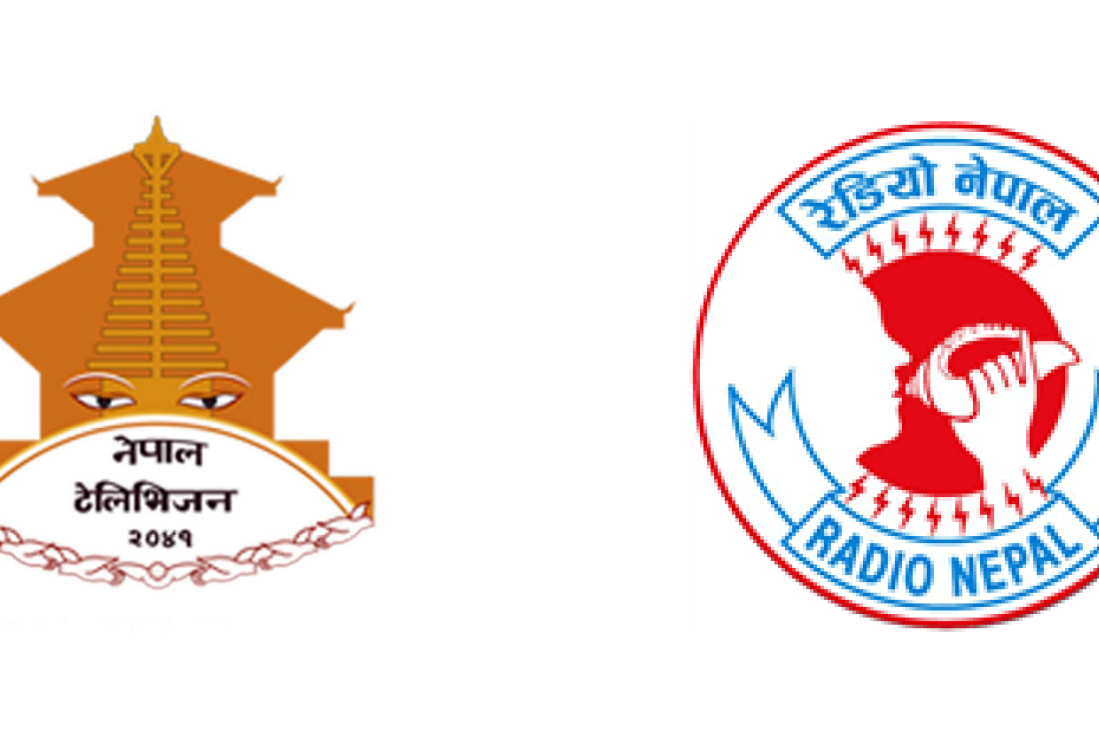Nepal: Public media independence at risk
5th June 2023
The Bill which proposes to merge Radio Nepal and Nepal TV has been criticised for how it might impinge on the editorial independence of the country’s public broadcasters.
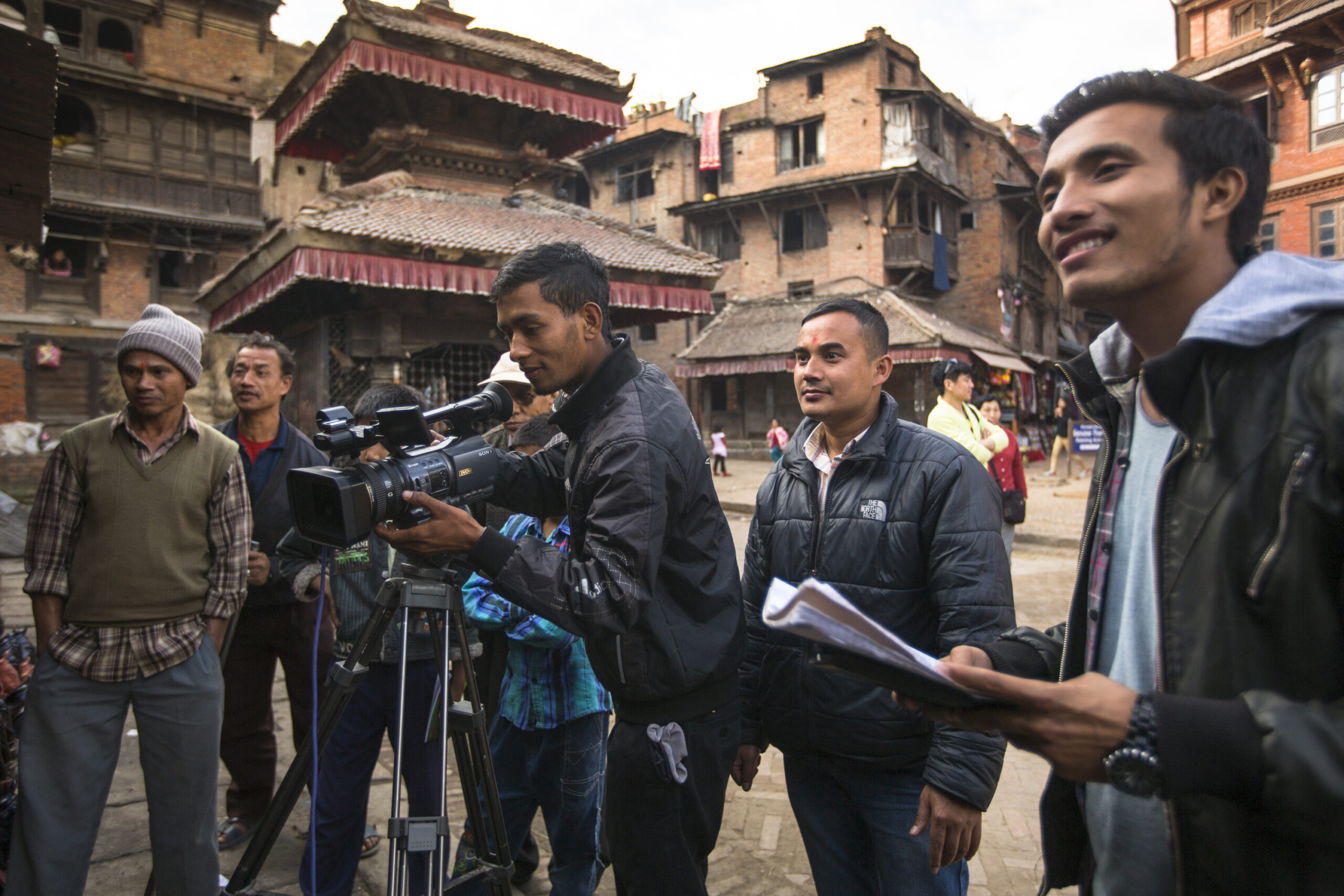
There are concerns from civil society groups over government proposals to merge two of Nepal’s public broadcasters, Radio Nepal and Nepal TV.
The Public Service Broadcasting Bill (2020) has already been endorsed by the National Assembly and is currently awaiting passage by the lower House of Representatives. However, there are a number of amendments which will be debated.
However, the bill itself is controversial and there are fears over how it might impact the editorial independence of the public broadcasters. Under particular scrutiny has been the provision to establish a new council governing the public media, that would be headed by the communications minister, and with the involvement of local political leaders as well.
PMA’s editorial manager, Harry Lock, spoke with the Chairperson of Media Action Nepal, Laxman Datt Pant, about what the bill might mean.
Harry Lock: What is your feeling about the broadcasting bill?
Laxman Datt Pant: Proposed Public Service Broadcasting Bill, 2020 aimed at merging the state owned Radio Nepal and Nepal Television lacks adequate consultations with stakeholders, does not uphold the principles of public service and is unfortunately targeted to have more state control over the content. The bill aims to control the media as it has a provision for the minister to lead the council along with sitting bureaucrats.
HL: There has been criticism of the bill that it would impact the editorial independence of the public broadcaster – do you agree and why?
LDP: That’s the worrying part as the council is said to be led by the minister along with secretaries and representatives from provincial governments. It is for sure, the current provisions within the bill are going to have a negative impact over editorial independence of public broadcasters. The bill undermines principles of free flow of information too.
HL: What, do you think, is the government’s purpose in doing this? What problem are they trying to solve?
LDP: Authorities have tried to control state owned media for a long time in Nepal. The state-owned media outlets such as Radio Nepal and Nepal Television, and the Gorkhapatra Corporation, and Rastriya Samachar Samiti (National News Agency) continue to be controlled by successive governments mainly to disseminate distorted information. With an interest to appoint political activists so as to use them as propaganda machines, the government is trying to control the media instead of facilitating the process in the best interest of the public. The appointment process is not transparent thus far.
Listen toour podcast
Uncovering and exploring the biggest
issues facing public media
“With an interest to appoint political activists so as to use them as propaganda machines, the government is trying to control the media instead of facilitating the process in the best interest of the public.” Laxman Datt Pant, Chairperson of Media Action Nepal
HL: Do you think the government recognises these concerns?
LDP: While, it goes with popular quotes for public consumption, the inner interest is not. They actually want state owned media to serve their interests.
HL: What would be the long-term consequence of the bill, if passed?
LDP: More controlled media, less informed citizens. More propaganda and less credibility, resulting to a less public interest stories.
HL: Given other legislation has also been criticised for limiting freedom of expression, what is your position on the state of media freedom in Nepal?
LDP: The current and previous governments (last 16 years) have failed to address concerns on freedom of expression mainly to address the issue of impunity. It is because the then conflicting parties are now part of the state system. Although there are no day-to-day attacks against media, Nepali authorities have been undermining the international principles of freedom of expression while going through a series of legislative reforms at the federal and subnational levels.
Mr. Pant is not alone in raising concerns about how this bill might impact media freedom and the editorial independence. Taranath Dahal of the Freedom Forum and the Federation of Nepali Journalists have also spoken out about the bill, as did organisations such as the IFJ when the bill was first raised in 2020.
For a public service media organisation to be truly independent, it needs a significant level of separation from the government, and safeguards to then protect that separation. Additionally, the public needs to be able to trust that the broadcaster is independent. The proposed reforms – particularly around the new council which will be headed by a government minister and include local government representation – does not sufficiently provide that separation. In New Zealand, proposed reforms (which were ultimately dropped) to combine RNZ and TVNZ ensured the autonomy and independence of the new media entity.
Related Posts
1st June 2023
Sally-Ann Wilson becomes a Co-Chair of the Consultative Network of the Media Freedom Coalition
We are pleased to announce that the…
26th April 2023
New Zealand: What’s the government’s post-merger media plan?
After New Zealand's government decided…
9th March 2021
PMA partners with Media Action Nepal for “Code of Ethics to Improve Conflict Sensitive Reporting and Safety of Journalists in South Asia” project
Introducing Media Action Nepal as a…
20th July 2020
Nepal’s public broadcasting bill causes independence concerns
A new Public Service Broadcasting bill…

